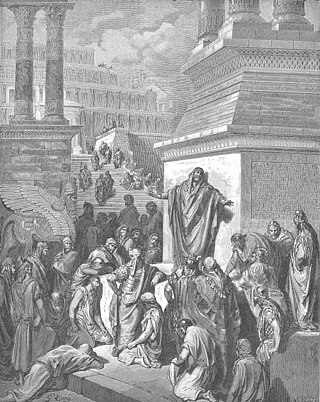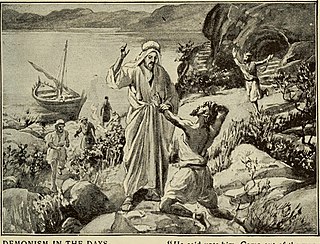
The Queen of Sheba is a figure first mentioned in the Hebrew Bible. In the original story, she brings a caravan of valuable gifts for the Israelite King Solomon. This account has undergone extensive Jewish, Islamic, Yemenite and Ethiopian elaborations, and it has become the subject of one of the most widespread and fertile cycles of legends in Asia and Africa.
The Queen of the South is one of the names/Titles the Reigning Queen of Sheba holds. Queen of the South is an alternative title for the Queen of Sheba, used in two parallel passages in the New Testament, where Jesus said:

Matthew 9:6 is the sixth verse in the ninth chapter of the Gospel of Matthew in the New Testament.
Matthew 9:10 is a verse in the ninth chapter of the Gospel of Matthew in the New Testament.
Matthew 11:29 is the 29th verse in the eleventh chapter of the Gospel of Matthew in the New Testament.

Matthew 9:25 is the 25th verse in the ninth chapter of the Gospel of Matthew in the New Testament.
Matthew 11:19 is the nineteenth verse in the eleventh chapter of the Gospel of Matthew in the New Testament.
Matthew 11:25 is the 25th verse in the eleventh chapter of the Gospel of Matthew in the New Testament.

Matthew 10:14 is the fourteenth verse in the tenth chapter of the Gospel of Matthew in the New Testament.

Matthew 10:18 is the 18th verse in the ninth chapter of the Gospel of Matthew in the New Testament.
Matthew 12:21 is the 21st verse in the twelfth chapter of the Gospel of Matthew in the New Testament.

Matthew 12:41 is the 41st verse in the twelfth chapter of the Gospel of Matthew in the New Testament.
Matthew 12:20 is the 20th verse in the twelfth chapter of the Gospel of Matthew in the New Testament.
Matthew 15:28 is a verse in the fifteenth chapter of the Gospel of Matthew in the New Testament.
Matthew 11:4-6 is a set of verses in the eleventh chapter of the Gospel of Matthew in the New Testament.
Matthew 12:17-18 are two verses in the twelfth chapter of the Gospel of Matthew in the New Testament.
Matthew 12:36-37 are verses in the twelfth chapter of the Gospel of Matthew in the New Testament.

Matthew 12:43-45 is a passage comprising the 43rd to 45th verses in the twelfth chapter of the Gospel of Matthew in the New Testament.
Matthew 12:49-50 are verses in the twelfth chapter of the Gospel of Matthew in the New Testament.
Matthew 15:29-31 is a set of verses in the fifteenth chapter of the Gospel of Matthew in the New Testament.







